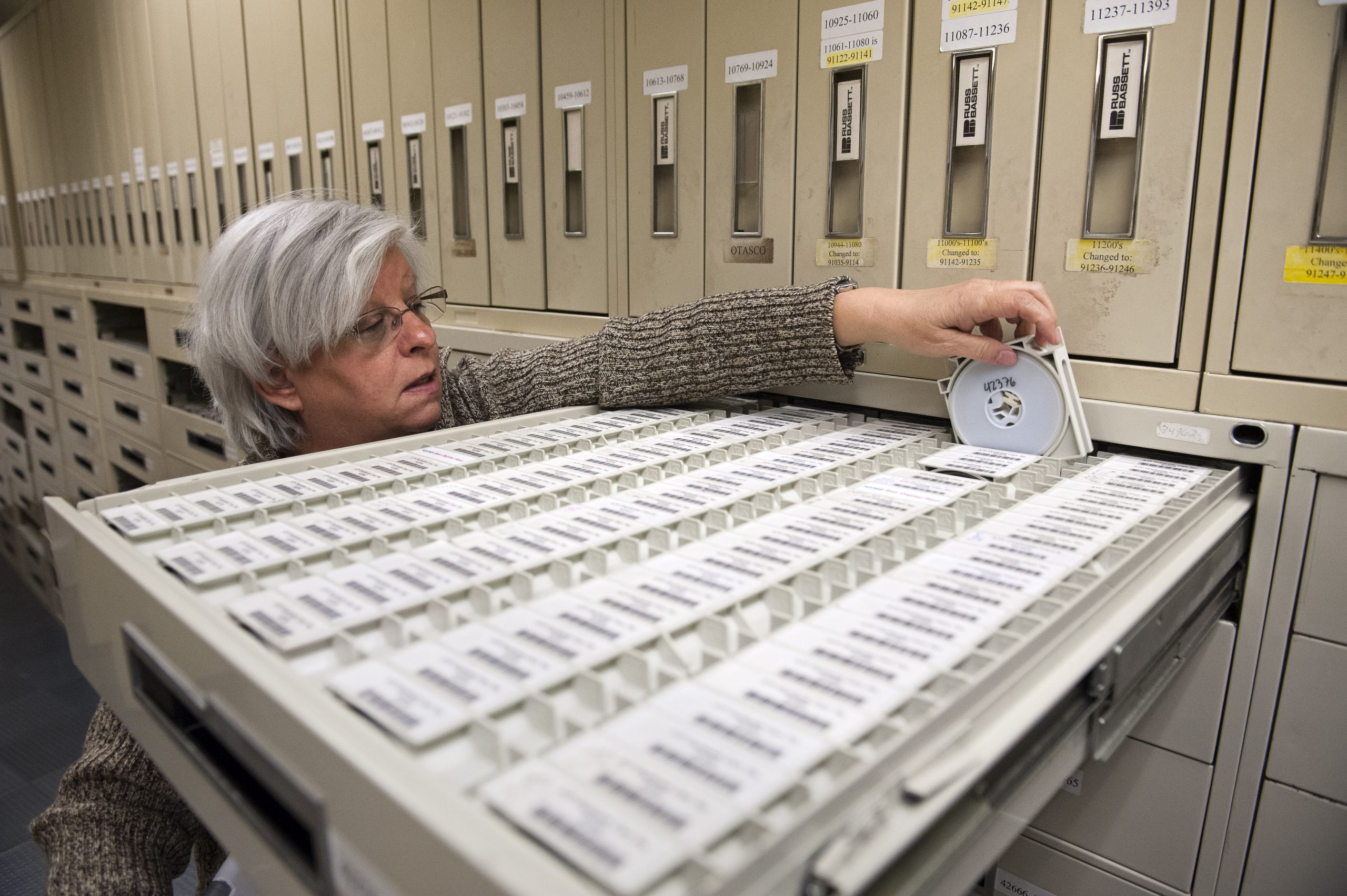Hello, readers. In today’s briefing: Florida’s red flag law disarms a member of law enforcement. A lawsuit keeps the focus on safe gun storage in the wake of the Santa Fe, Texas, school shooting. As do three more tragic cases involving children who got hold of adult’s guns.
Receive this daily news briefing by email every morning. Sign up here.
WHAT TO KNOW TODAY
Four victims’ families are suing the parents of the Santa Fe, Texas, shooter. The lawsuit claims that the boy’s parents were negligent for leaving firearms where their son could access them. Ten people were killed in the shooting, and another 13 injured.
A woman in Florida will not be charged after her 13-year-old son used her gun to shoot two teens. Police say the boy found the gun on his mother’s closet shelf. He then used it to shoot two teenagers as they sat on a neighbor’s couch. Prosecutors say they have insufficient evidence to prove that the mother left the gun loaded and unlocked, within her son’s reach. Meanwhile, in Las Vegas: A man is facing two counts of child abuse resulting in bodily harm for leaving his gun unlocked and loaded. Prosecutors said that just two days before it was used to kill his 2-year-old son, the boy’s mother had urged him to store it securely. And in Kentucky: A man was arrested after a 6-year-old boy found his gun on a table and unintentionally shot himself with it. The boy died.
Youth activists are planning to march on NRA headquarters in July. A group of young people and students, some of them from schools that have experienced shootings this year, announced the National March on NRA. They are demanding “a comprehensive and effective bill be immediately brought before Congress to address pressing gun issues in America.”
Another state bump stock ban is inching forward. The Delaware state Senate voted Tuesday evening to amend the bill for the second time, sending it back to the House for a vote. On Wednesday, an assault weapons ban failed in the state’s Senate Judiciary Committee. That bill was blocked by Republican Senator Greg Lavelle, who said he will not allow it to pass.
Florida’s red flag law was used to temporarily disarm a Broward County sheriff’s bailiff. Police officers took 67 firearms from the man after a judge granted an extreme-risk protection order against him. The sheriff’s office provided the court with evidence that the bailiff had made threats toward his colleagues. “Nobody will take my guns, not over my dead body,” he told another bailiff, according to court records.
Gun safety advocates urge court action on stalled universal background check law. A state judge on Tuesday heard arguments in a lawsuit filed after the Las Vegas shooting in October, asking him to order Governor Brian Sandoval to enact a universal gun background check law, which passed through a ballot measure in 2016 but has not been implemented. The plaintiffs accuse Sandoval of failing to use his powers to resolve technical issues over which law enforcement entity should conduct checks on private sales under the expansion. The case is expected to eventually land before the Nevada Supreme Court.
House Majority Whip Steve Scalise returned to the baseball field Wednesday. Nearly a year after he was wounded by gunfire at a Congressional baseball practice, Scalise set down his crutches to throw a pitch with his fellow Republican lawmakers. “Feels good to be back with the team!” he said in a tweet.
ONE LAST THING
The Bureau of Alcohol, Tobacco, Firearms and Explosive’s gun tracing system operates under “insane” restrictions, says a former agent. David Chipman oversaw the bureau’s firearms programs for 25 years and now works as a senior policy advisor for the gun-violence-prevention group Giffords. He described to a Tampa TV station the often painfully slow process of matching crime guns to their original purchasers. Dealer records are required to be “non-searchable” under federal law, which means that agents are sometimes forced to review thousands of images. “That’s what makes it so frustrating for the people who are not just trying to solve gun crime, but prevent it from ever happening in the first place,” Chipman says. For more on how the ATF’s nonsensical databases got that way, see our 2016 explainer.

